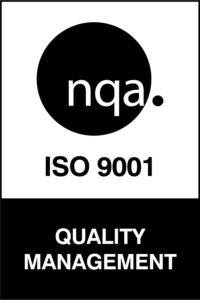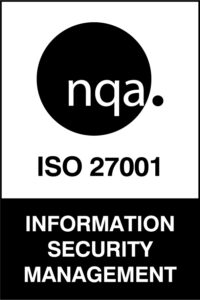Despite the growing trend towards digitisation, physical records management remains a critical aspect of public sector operations. This blog explores best practices for managing physical records and ensuring their security and accessibility, focusing on key aspects such as storage, compliance, and disaster recovery.
Challenges of Physical Records Management
Public sector organisations often deal with vast amounts of physical records, including legal documents, historical archives, and citizen records. Managing these records can be challenging due to storage space limitations, security concerns, and the need for efficient retrieval. Ensuring compliance with regulations, such as GDPR, adds another layer of complexity to physical records management.
Challenges of Physical Records Management
- Space Constraints: Physical records require significant storage space, which can be costly and difficult to manage. Public sector organisations must find ways to optimise storage solutions.
- Security Risks: Physical records are vulnerable to theft, vandalism, and environmental damage. Ensuring their security requires robust measures and constant vigilance.
- Compliance Requirements: Managing physical records in compliance with regulations, such as GDPR, involves meticulous record-keeping and regular audits to ensure adherence to legal standards.
Best Practices for Physical Records Management
- Organised Storage Solutions: Implementing organised storage systems, such as shelving units and filing cabinets, can help keep physical records accessible and secure. Proper labelling and indexing of records facilitate easy retrieval and reduce the time spent searching for documents.
- Regular Audits: Conducting regular audits of physical records ensures that they are properly maintained, and any outdated or unnecessary documents are disposed of. Audits help in identifying gaps in records management and implementing corrective measures.
- Security Measures: Implementing security measures, such as locked storage areas and access controls, protects sensitive information from unauthorised access. Physical security is crucial for safeguarding records against theft, vandalism, and other threats.
- Disaster Recovery Plans: Developing disaster recovery plans ensures that physical records are protected in case of emergencies, such as fires or floods. These plans should include measures for backup storage, emergency response, and records restoration.
Why Outsourcing Becomes Important
Given these challenges, outsourcing physical records management to specialised providers becomes a strategic solution. Outsourced providers bring expertise, advanced technology, and dedicated resources that can address the specific needs of public sector organisations. By leveraging the capabilities of professional records management companies, public sector organisations can overcome the limitations of in-house management and ensure their records are handled with the highest standards of security and efficiency.
Benefits of Outsourced Physical Records Management
- Space Optimisation: Outsourcing records management to specialised providers helps public sector organisations optimise their storage space. These providers have dedicated facilities designed to store large volumes of records efficiently, reducing the need for costly on-site storage.
- Enhanced Security: Professional records management companies implement robust security measures to protect physical records from unauthorised access and environmental damage. This includes secure storage facilities, access controls, and surveillance systems, enhancing the overall security posture of the organisation.
- Compliance Assurance: Outsourced records management providers conduct regular audits and maintain meticulous record-keeping practices to ensure compliance with regulations such as GDPR. This helps public sector organisations manage their records in accordance with legal standards and avoid potential penalties.
- Resilience in Emergencies: Records management companies develop comprehensive disaster recovery plans to protect physical records in case of emergencies, such as fires or floods. These plans include backup storage solutions, emergency response protocols, and records restoration services, enhancing the resilience of public sector organisations.
Conclusion
Effective physical records management is essential for public sector organisations to maintain the integrity and accessibility of their records. By implementing best practices, these organisations can ensure the security and efficient retrieval of physical documents. Investing in robust records management systems is a strategic move that can lead to long-term benefits and a more responsive public sector. The compelling benefits of space optimisation, enhanced security, compliance assurance, and resilience in emergencies make physical records management indispensable for the modern public sector.
By partnering with DSM, companies can ensure their physical records management needs are managed securely, operating at the top of efficiency. Our commitment to excellence and customer satisfaction makes us a trusted partner.
For more information on how DSM can support your document management needs, visit our Records Management & Storage services and contact us today. We look forward to helping you with your document management requirements.













